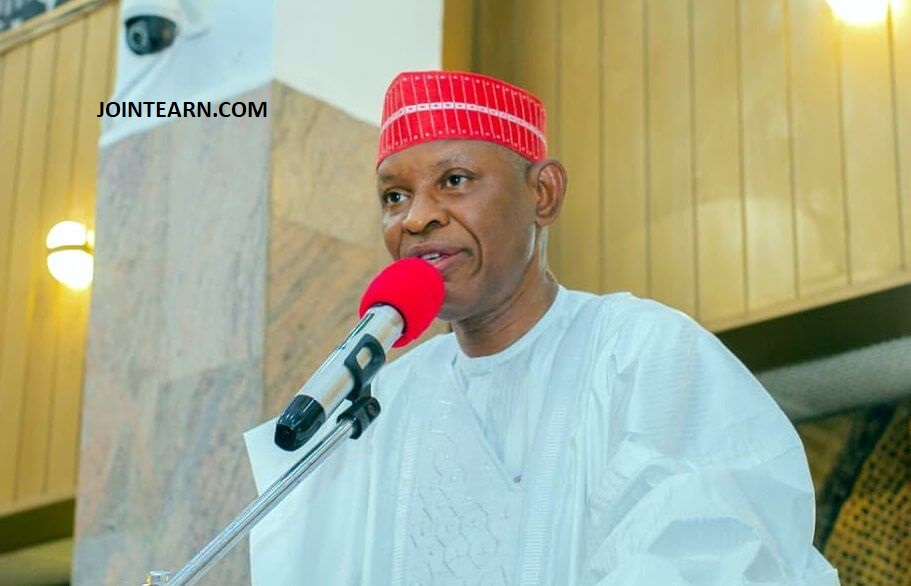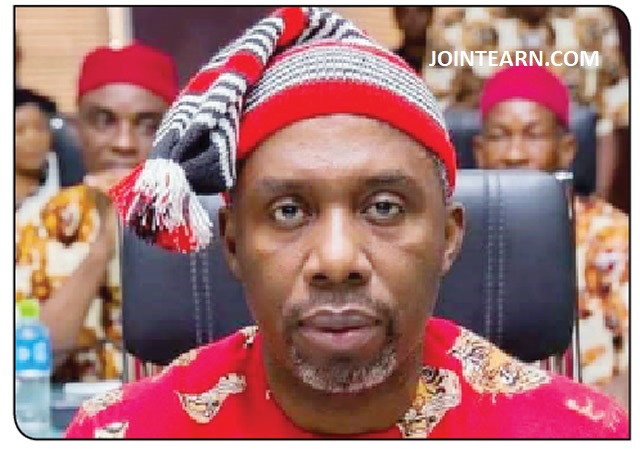The Kano State Government has uncovered a staggering financial anomaly involving the payment of over ₦28 million to 247 deceased and retired workers. The revelation has raised concerns over the effectiveness of the state’s payroll management system and prompted an urgent investigation into the mismanagement of public funds.
According to an official statement from the Kano State Ministry of Finance, the discrepancies were discovered during routine audits and checks of the state’s salary payment system. The payments, which span across multiple years, were made to individuals who had either passed away or retired from service, without the necessary updates to their records. This oversight resulted in the misallocation of funds, affecting the state’s budgetary allocations and ultimately leading to a significant waste of public resources.
Details of the Discovery
The findings came to light after the Kano State Government engaged in an extensive audit process aimed at identifying payroll irregularities and improving financial management across various government ministries, departments, and agencies. The audit revealed that the total amount paid to these deceased and retired workers amounted to ₦28,349,000. The payments were made despite these workers no longer being part of the active workforce, highlighting a serious lapse in record-keeping and payroll processing.
The state government explained that the affected individuals were either deceased or had already retired from service for several years, yet their names remained on the payroll, allowing them to continue receiving salaries. In some cases, the payments occurred even after the official retirement age had passed, and no proper verification system was in place to prevent such payments from being made.
A significant portion of the funds went to the families or representatives of deceased workers who had not informed the relevant authorities about the death of the employees. In other cases, the retired workers had failed to properly submit their retirement documents to update their status in the government’s payroll system.
Response from the Kano State Government
In response to the discovery, Kano State Governor, Abdullahi Umar Ganduje, expressed his displeasure and concern over the scale of the financial mismanagement. He assured the public that the government would take swift action to rectify the situation and recover the misappropriated funds.
Governor Ganduje emphasized the need for a complete overhaul of the state’s payroll management system to prevent such incidents from occurring in the future. He stated that a team of auditors would be tasked with thoroughly investigating all government workers’ payroll records, focusing on identifying other irregularities that might exist within the system.
“To prevent a recurrence of this situation, we will implement stricter payroll verification processes. We will also introduce new measures to ensure that only active and verified employees receive their salaries,” the governor said.
He also announced that all concerned ministries, departments, and agencies would be held accountable for their failure to prevent the erroneous payments, and any officials found guilty of negligence or complicity in the matter would face disciplinary action.
Impact on Public Trust and Governance
The discovery of such a large-scale payroll error has raised serious concerns about transparency and accountability within the Kano State Government. Critics have pointed out that this incident highlights the lack of proper oversight and financial control, especially in relation to the management of state resources.
Civil society organizations and political analysts have called for greater accountability and the implementation of reforms to ensure that the state government’s payroll system is robust, transparent, and resistant to manipulation. According to experts, the payment of salaries to deceased or retired workers not only reflects poor record-keeping but also suggests that the state’s financial management systems may be prone to fraud and abuse.
“This is a clear case of systemic failure in the state’s financial administration. The payment of over ₦28 million to people who no longer should be on the payroll is a wake-up call for the government to take stronger actions in its fiscal management,” said a local political analyst.
Furthermore, the issue has also drawn attention to the need for reforms in the pension and retirement systems within the state. In many cases, workers are unaware of the proper procedures to update their retirement status, leading to gaps in the records. This highlights a broader issue of inefficient communication between employees, retirees, and government agencies.
Plans for Recovery and Reforms
The Kano State Government has already outlined plans to recover the ₦28 million paid to deceased and retired workers. Governor Ganduje announced that the families of deceased workers would be required to return the funds, with penalties for those who knowingly received payments for deceased individuals.
In addition to recovering the misappropriated funds, the state government is planning to implement several reforms aimed at improving payroll management. These include the introduction of a biometric system to verify the identity and status of all government workers before salary payments are made. The government also intends to establish a dedicated team that will regularly review and update the state’s employee records to ensure that only eligible workers are compensated.
The government has also pledged to educate the public on the importance of notifying the relevant authorities about the death or retirement of government employees, so as to prevent similar issues from arising in the future.
Conclusion
The discovery of over ₦28 million paid to deceased and retired workers in Kano State is a glaring example of poor financial management and administrative oversight. The Kano State Government’s swift response and commitment to reform are crucial steps toward ensuring that such errors are not repeated. By enhancing the transparency and efficiency of its payroll system, the government hopes to regain public trust and restore accountability in the management of state resources.












